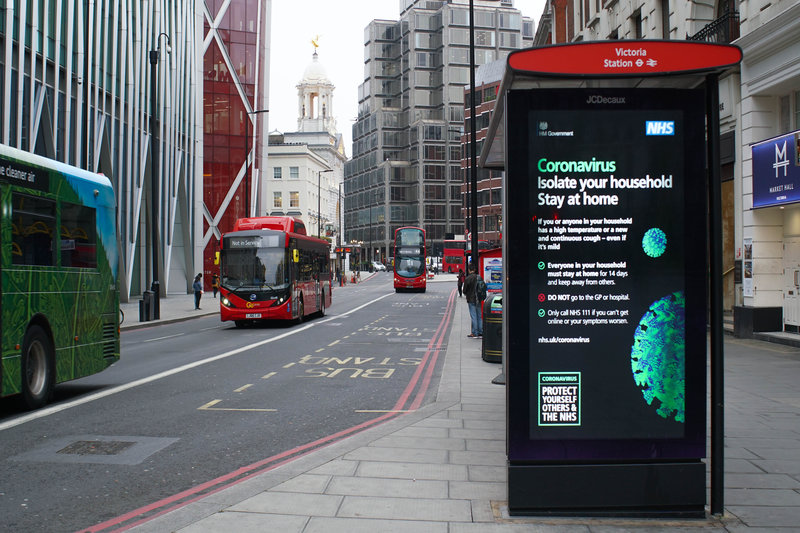Street Calls of the Week
(Bloomberg) -- The OECD is more pessimistic than the Bank of England about the prospects for the U.K. economy, and it hinted that the outcome could be even worse than its own projections.
The surge in coronavirus cases and the possibility of splitting from the European Union without a trade deal mean the country faces “major downside risks.” The Paris-based group said gross domestic product is already on course to shrink by more than 10% this year and only partially recover its losses in 2021.
The wide-ranging report published Tuesday comes as Prime Minister Boris Johnson faces growing pressure to order a national “circuit breaker” lockdown to bring a second wave of the virus under control.
Brexit is adding to the stakes, with the U.K. and EU still locked in talks over a trade deal just one day before Johnson’s deadline for abandoning the negotiations expires. The government signaled on Tuesday that Britain won’t walk away immediately.
Failure to reach an agreement would have a “major negative impact on trade and jobs,” with export-dependent sectors such as car manufacturing, transport, meat and textiles experiencing the biggest damage, the OECD warned. Financial services that stand to lose passporting rights would also be hit hard.
The cost of a leaving the EU with no deal could run to 5% of GDP after two years, driving up government borrowing and debt, the OECD said.
Reforms to boost productivity and investment will be “key to a sustainable recovery,” the OECD said. “Leaving the EU single market, in which the economy is deeply integrated, creates new economic challenges. Decisions made now about management of the Covid-19 crisis and future trade relationships will have a lasting impact on the country’s economic trajectory for the years to come.”
©2020 Bloomberg L.P.
